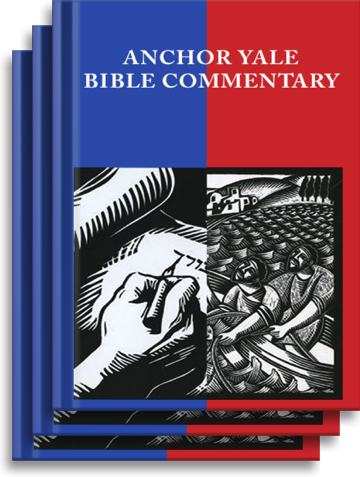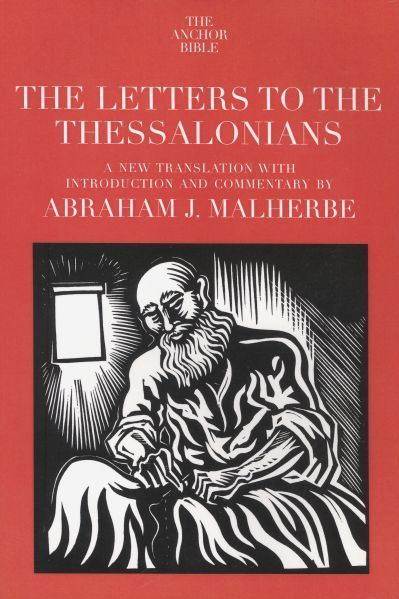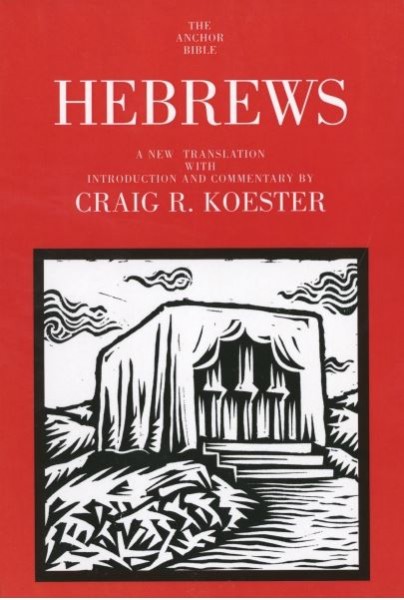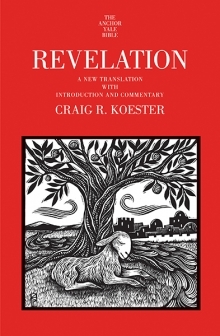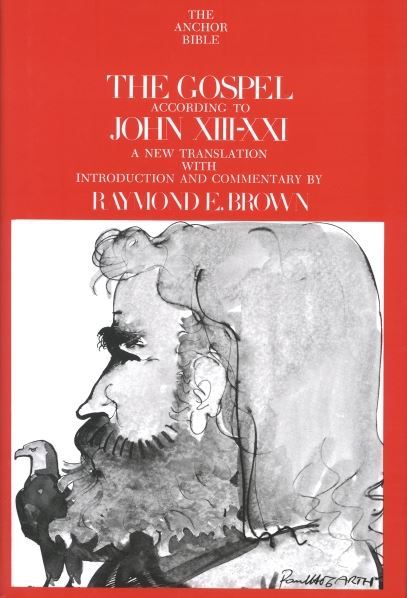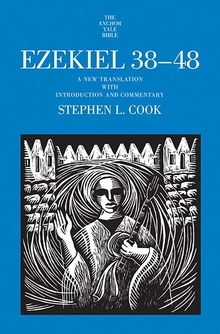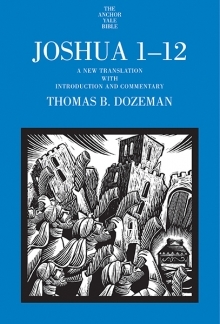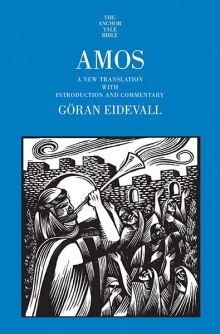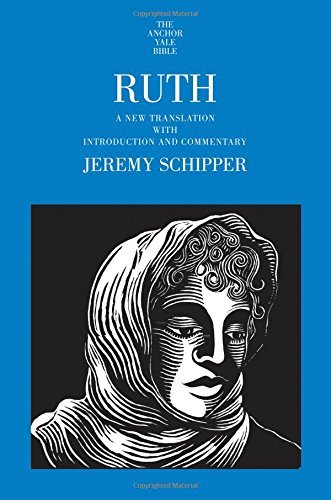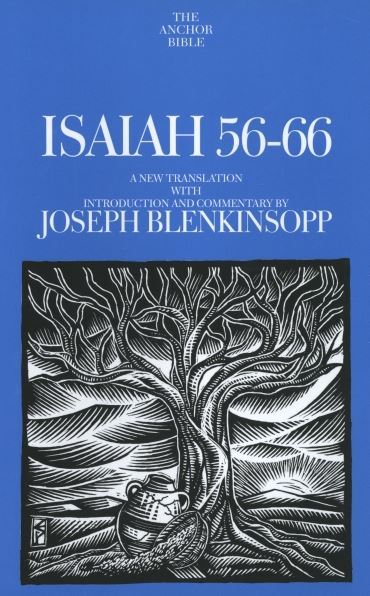



The Apostle Paul’s Letter to the Colossians offers a valuable and intimate glimpse into the life of a fledgling Christian community as it struggled to define Christian doctrine and theology. Paul was prompted to write to the Colossian assembly when he heard that “false teachers” had joined the congregation and were advocating dangerous, non-Christian practices. In an effort to appear superior, these heretical teachers were luring Christians to exercise asceticism, moral rigorism, and esoteric rituals—hallmarks of other “mystery” and pagan cults. In his passionate letter, Paul denounces these extreme and elitist practices and firmly defends a life in Christ. He proclaims that pure, simple worship of Christ alone is the most powerful statement of faith.
In their astute and lucid commentary, eminent New Testament scholars Markus Barth and Helmut Blanke re-create the turbulent age of the birth of Christianity and examine the myriad “outside” influences—from cold, rational Hellenistic philosophy to exclusive, ethereal Gnostic thought—that often threatened the evolution of Christian theology. Colossians not only provides a new and carefully balanced analysis of this pivotal New Testament text but also chronicles the development of Christian thought as it gradually spread throughout the Roman Empire.
The late Markus Barth held a chair in New Testament studies at the University of Basel in Switzerland. He was the son of the great theologian Karl Barth.
Helmut Blanke was a student of Markus Barth’s and earned his Th.D. at the University of Basel.
THE ANCHOR YALE BIBLE COMMENTARY SERIES is a project of international and interfaith scope in which Protestant, Catholic, and Jewish scholars from many countries contribute individual volumes. The project is not sponsored by any ecclesiastical organization and is not intended to reflect any particular theological doctrine.
The Anchor Yale Bible is committed to producing commentaries in the tradition established half a century ago by the founders of the series, William Foxwell Albright and David Noel Freedman. It aims to present the best contemporary scholarship in a way that is accessible not only to scholars but also to the educated nonspecialist. Its approach is grounded in exact translation of the ancient languages and an appreciation of the historical and cultural context in which the biblical books were written supplemented by insights from modern methods, such as sociological and literary criticism.
